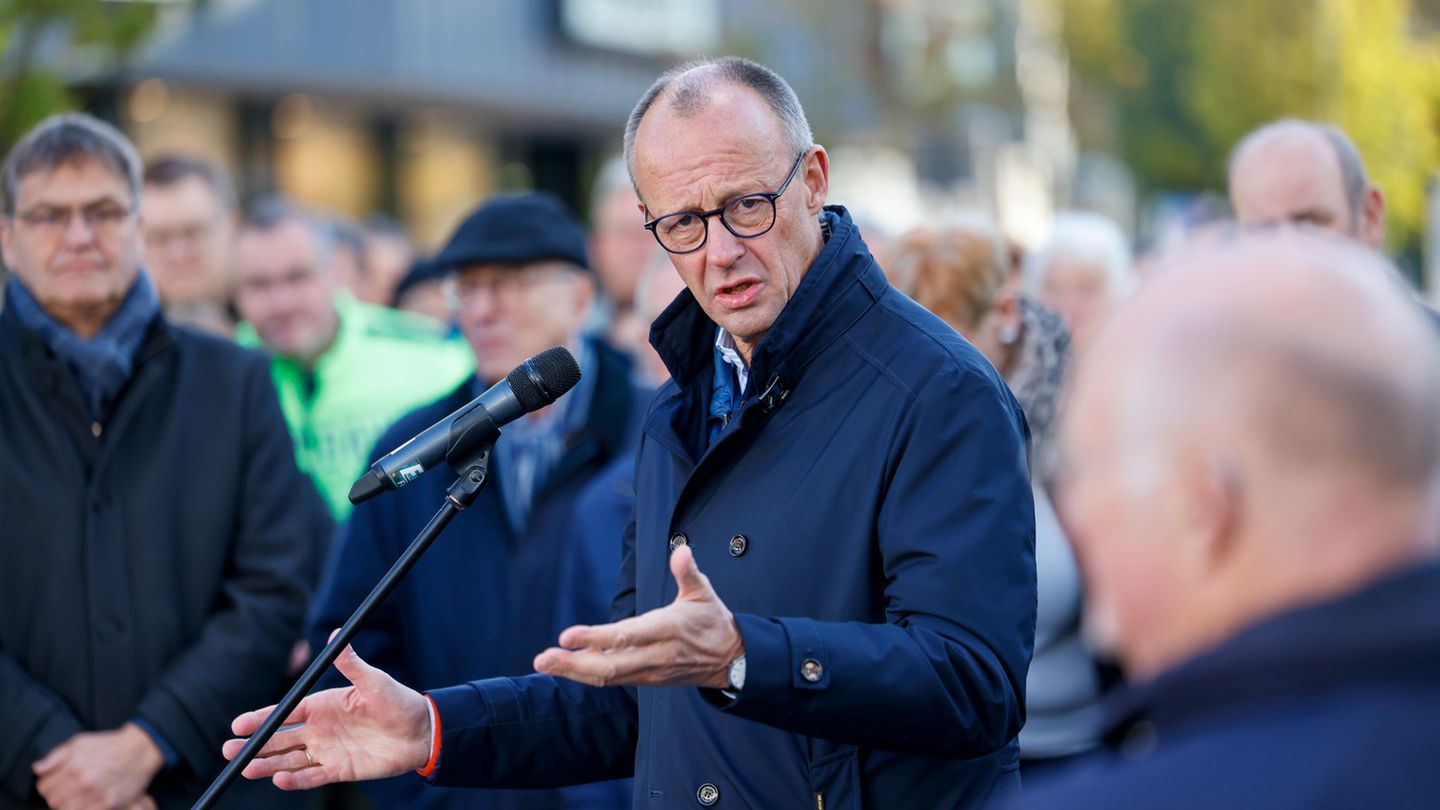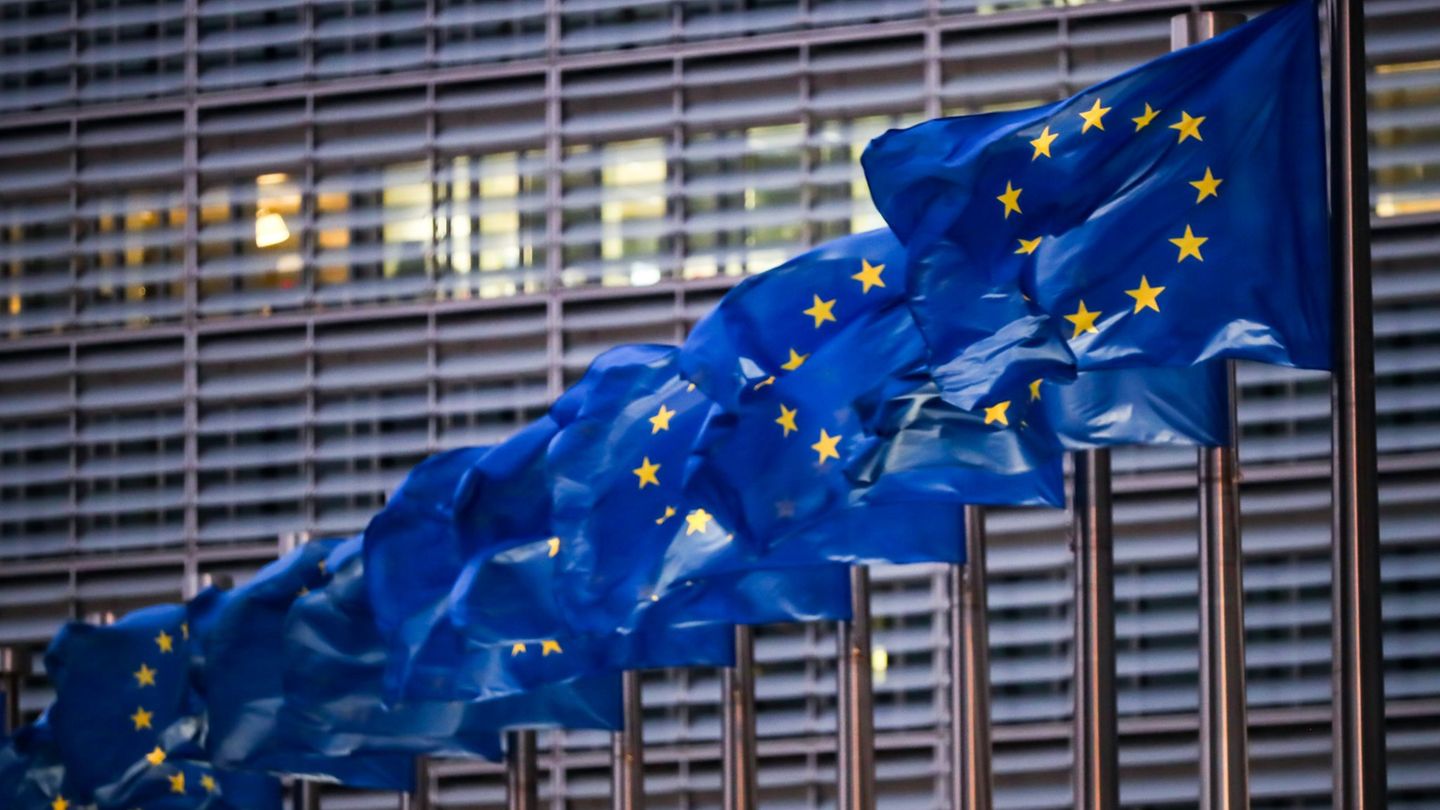Menu
Economy under pressure: Brussels announces the fight against bureaucracy
Categories
Most Read
Due to lower sales in supermarkets, mass consumption fell 4.4% in September
October 18, 2025
No Comments
Hardly any pension: These cohorts receive particularly little in retirement
October 18, 2025
No Comments
Crisis in France: S&P lowers rating: France is threatened with higher interest payments
October 18, 2025
No Comments
Why the price of gold could rise even more dramatically
October 18, 2025
No Comments
The widow’s pension is offset against your own pension
October 18, 2025
No Comments
Latest Posts

CDU closed meeting: How stable is the CDU’s firewall against the AfD?
October 19, 2025
No Comments
IvanI have been working in the news industry for over 6 years, first as a reporter and now as an editor. I have covered politics

Remuneration at stock exchange companies: “No longer a rare species”: female managers earn less
October 19, 2025
No Comments
AngelicaI am an author and journalist who has written for 24 Hours World. I specialize in covering the economy and write about topics such as

Rock icon: Why the Queen guitarist constantly loses his temper
October 19, 2025
No Comments
Lisa HarrisI am an author and journalist who has worked in the entertainment industry for over a decade. I currently work as a news editor
24 Hours Worlds is a comprehensive source of instant world current affairs, offering up-to-the-minute coverage of breaking news and events from around the globe. With a team of experienced journalists and experts on hand 24/7.

